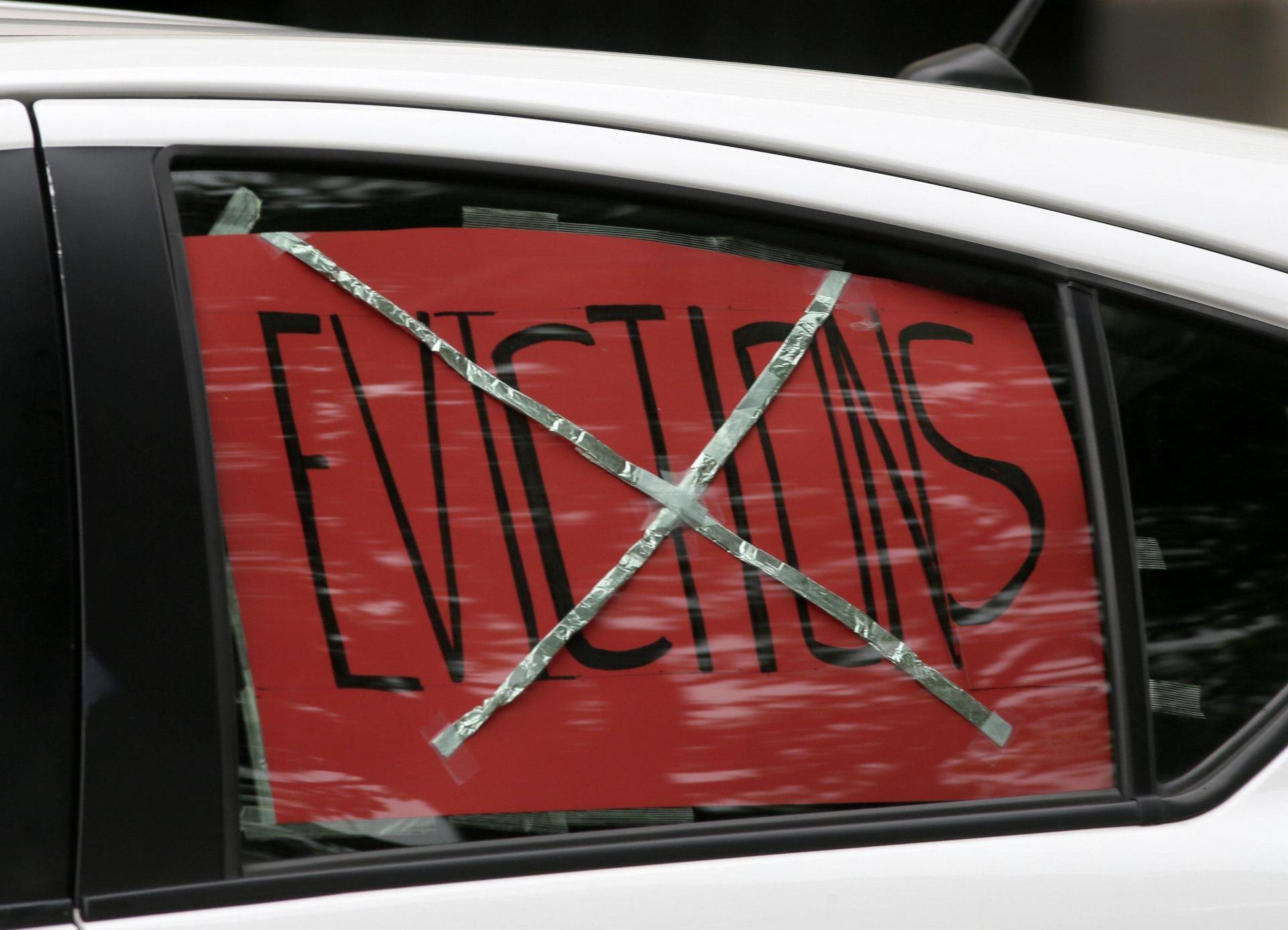-
As rents in South Florida soar out of reach, more people are finding themselves priced out — and onto the streets
By Amber Randall | South Florida Sun Sentinel It’s been two weeks since Sean Jeremy’s landlord raised his rent beyond what he could afford. For now, the only place he […]
-
Locked Out: Low pay, soaring rents, pro-landlord laws set up Florida renters for eviction once COVID hit
By Caroline Glenn | May 13, 2021 | A Three-Part Orlando Sentinel Special Report How COVID exposed Florida’s eviction crisis Jocelyn Bennett paints her daughters’ toenails, not bothered by the […]
-

If ‘Housing Is a Right,’ How Do We Make It Happen?
By Eva Rosen | The New York Times | Feb. 17, 2021 Dr. Rosen has been conducting in-person research on the housing market in poor neighborhoods in Baltimore for more […]
-
When $25B won’t make a dent…
U.S. Renters Could Owe $70 Billion By January, when the federal eviction moratorium expires, 11.4 million households in the U.S. might be more than three months behind in their rent, […]
-
FHFA Extends Foreclosure Moratorium Through January
The Federal Housing Finance Agency has announced that single-family homeowners with mortgages backed by Fannie Mae and Freddie Mac will be protected from foreclosure for at least another month. The […]
-
Eviction cases pile up in the courts while tenants wait to see whether DeSantis extends moratorium
As renters wait to find out whether the governor will again extend the COVID-19-related eviction moratorium, hundreds of landlords are filing evictions cases against tenants they assert are taking advantage […]
